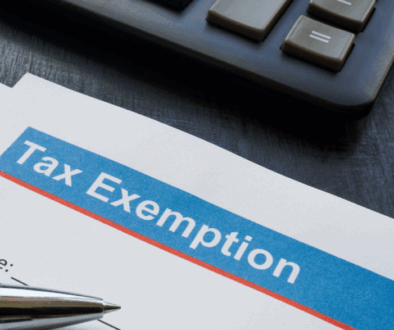Understanding the Difference Between Accrual and Cash Accounting
Understanding the Difference Between Accrual and Cash Accounting
The accrual method of accounting recognizes revenue and expenses when they are earned or incurred, regardless of when the actual cash transaction takes place. This approach seeks to provide a more comprehensive and accurate representation of a rental property’s financial health.
Benefits of Accrual Accounting
- Improved visibility into long-term financial trends
- Better alignment of revenue and expenses
- Enhanced ability to track accounts receivable and payable
- More accurate reporting of profitability
Challenges of Accrual Accounting
- Increased complexity in record-keeping and reporting
- Potential for misalignment between cash flow and reported income
- Requirement for a more detailed understanding of accounting principles
The Cash Accounting Approach
In contrast, the cash-based accounting method records revenue and expenses only when the corresponding cash transactions occur. This approach is often simpler to implement and can provide a more straightforward view of a rental property’s immediate cash position.
Benefits of Cash Accounting
- Easier to understand and implement
- Alignment between cash flow and reported income
- Reduced administrative burden
Challenges of Cash Accounting
- Inability to accurately track long-term financial trends
- Potential for misrepresentation of profitability
- Difficulty in managing accounts receivable and payable
Factors to Consider When Choosing an Approach
When deciding between accrual and cash-based accounting for your rental properties, there are several key factors to weigh:
- Property Portfolio Size and Complexity: As your portfolio grows, the benefits of accrual accounting become more pronounced, helping to allow you to better manage the increased financial complexity.
- Tax Implications: The chosen accounting method can have significant implications for your tax liabilities, so it’s crucial to consult with a qualified accountant.
- Reporting and Compliance Requirements: Certain lenders, investors, or regulatory bodies may have specific requirements regarding the accounting approach you use, so it’s essential to understand and comply with these guidelines.
- Personal Preferences and Experience: Your own level of financial experience and comfort with accounting principles can also influence your decision on the most suitable approach for your rental property business.
Transitioning Between Accounting Methods
Switching between accrual and cash-based accounting can be a complex process, often requiring the assistance of a professional accountant. Factors such as the size of your portfolio, the duration of your investment horizon, and the specific financial reporting needs of your business will all play a role in determining the most appropriate time and method for transitioning.
Leveraging Accounting Software and Tools
Regardless of the accounting approach you choose, the use of specialized software and tools can greatly streamline your rental property accounting processes. Solutions like Stessa, QuickBooks, and Appfolio offer a range of features to automate record-keeping, track key metrics, and generate comprehensive financial reports.
Building a Rental Property Accounting Team
As your real estate investment business grows, it’s essential to assemble a team of financial professionals to support your accounting needs. This may include a real estate-focused accountant, a banking specialist, and even a legal advisor to seek to ensure compliance and optimize your tax strategy.
Conclusion
In the world of rental property investing, the choice between accrual and cash-based accounting is not a one-size-fits-all decision. By understanding the nuances of each approach, weighing the relevant factors, and leveraging the right tools and experience, you can seek to establish a robust and efficient rental property accounting system that aligns with your investment goals and supports the long-term success of your real estate portfolio.




